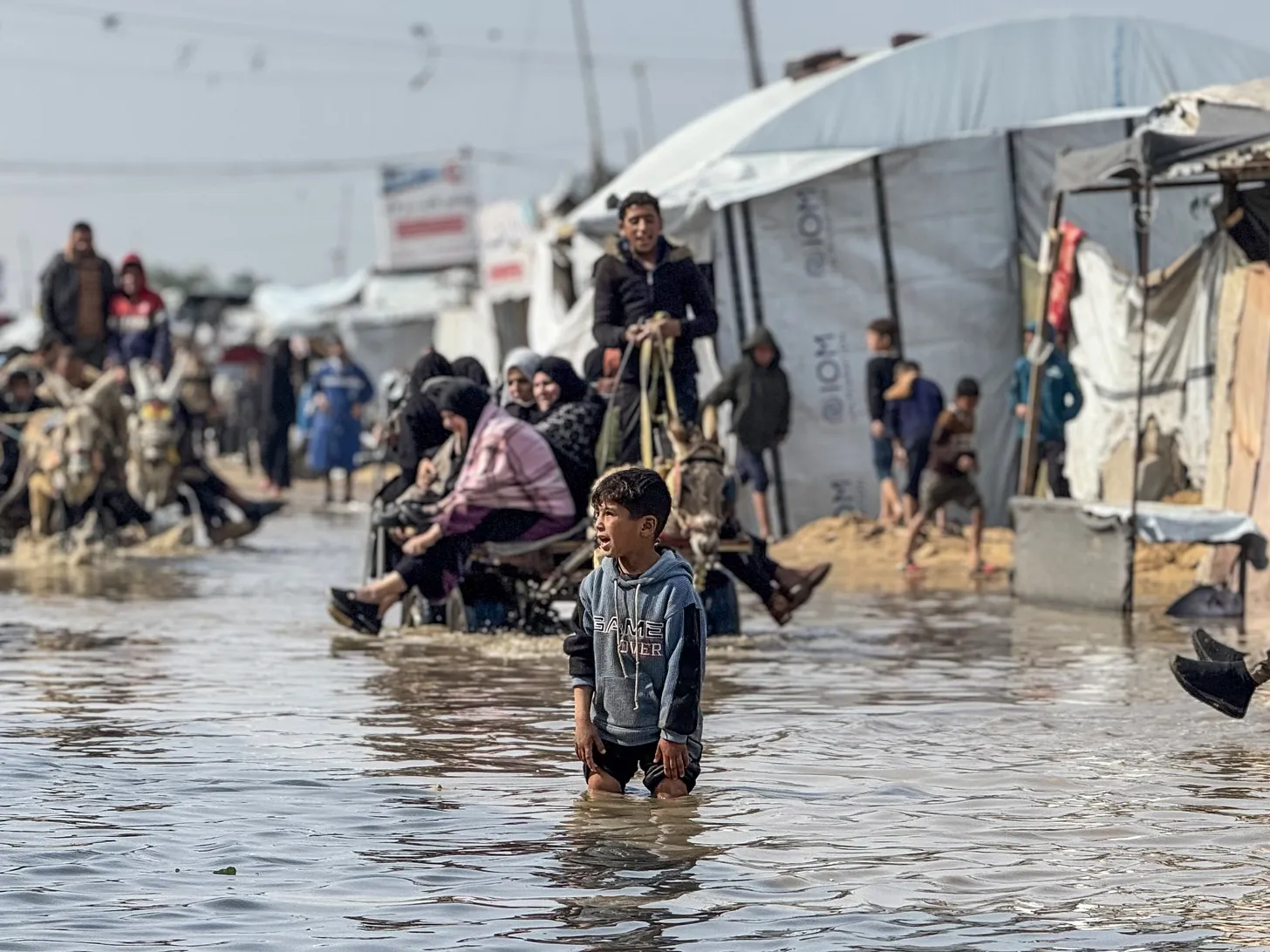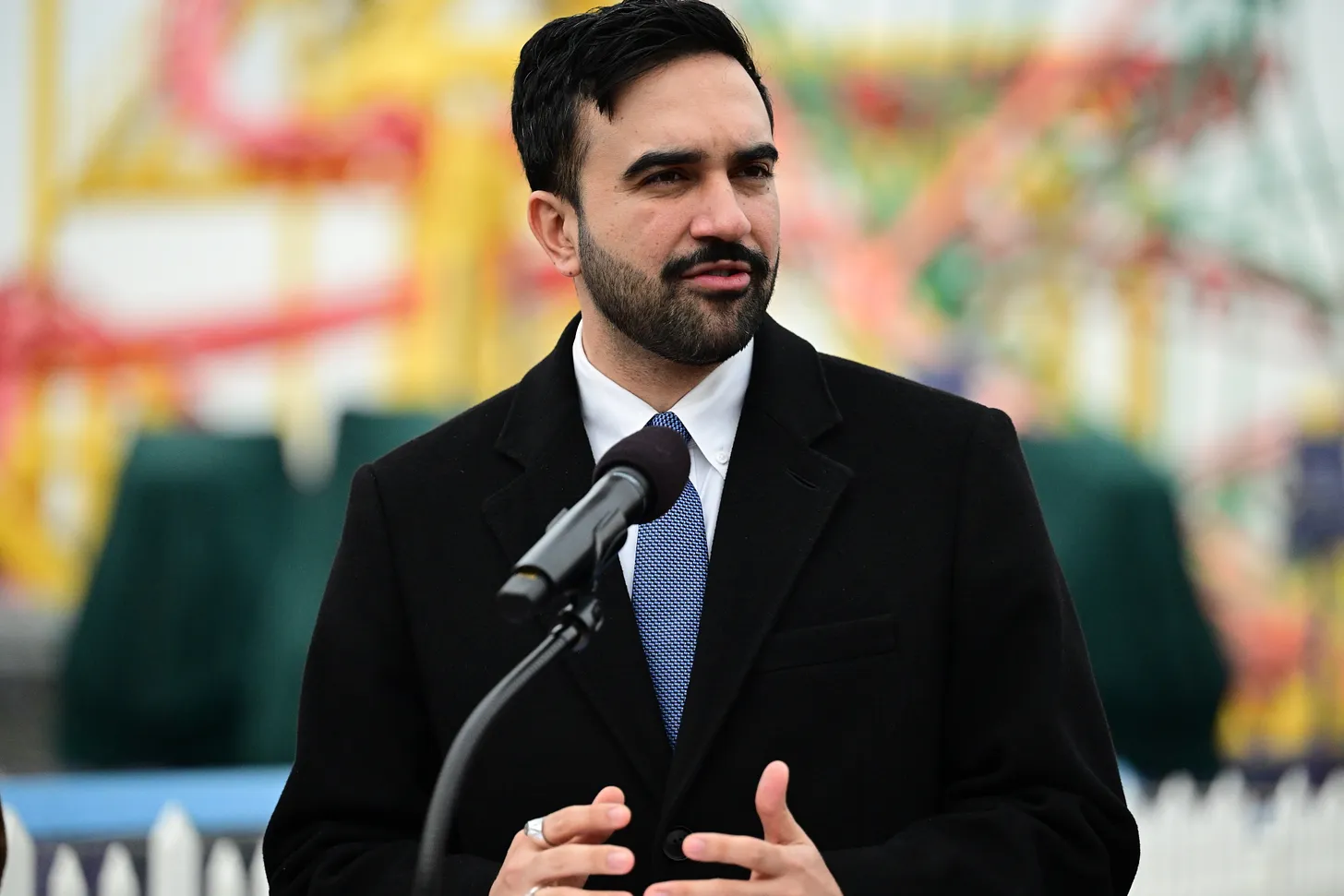 Since [1995], the US has strongly resisted any efforts under the International Atomic Energy Agency (IAEA) to promote extension of safeguards to Israel's undeclared nuclear facilities or, indeed, to promote a Middle East nuclear weapons-free zone, despite the fact that both are fully consistent with stated US non-proliferation policy.
Since [1995], the US has strongly resisted any efforts under the International Atomic Energy Agency (IAEA) to promote extension of safeguards to Israel's undeclared nuclear facilities or, indeed, to promote a Middle East nuclear weapons-free zone, despite the fact that both are fully consistent with stated US non-proliferation policy.
Instead, the US and Israel have claimed that Israeli accession to the NPT and establishment of a regional nuclear weapons-free zone must await both a comprehensive Middle East peace and full compliance of all regional states (read: Iran and Syria) with their IAEA obligations.
There are two things one can say regarding US policy toward Israel's nuclear weapons programme: First, it is consistent with the rational, common-sense notion that both accession to the NPT and establishment of regional nuclear weapons-free zones can only be achieved when the concerned states are persuaded that both are in their interest.
Second, it is utterly inconsistent with standing US non-proliferation policy virtually everywhere else. If the US is to enjoy any credibility on non-proliferation in the Middle East, it will either have to change its policy toward Israel, or change its broader non-proliferation policy.
The above comes to mind in light of some interesting statements recently made by Mojtaba Samareh Hashemi, an Iranian foreign policy expert and confidant of Iranian President Ahmadinejad, in anticipation of the next round of talks between Iran and the so-called five-plus-one group, due to start on December 5.
More...





 Casualty counts: Over the past 24 hours, seven Palestinians were injured in Israeli attacks in Gaza....
Casualty counts: Over the past 24 hours, seven Palestinians were injured in Israeli attacks in Gaza.... Overnight, Ukraine’s Defense Forces struck Russian command posts, ammunition depots, logistics hubs and a repair base...
Overnight, Ukraine’s Defense Forces struck Russian command posts, ammunition depots, logistics hubs and a repair base... New York City offers a contractor for Immigration and Customs Enforcement (ICE), the U.S. Border Patrol,...
New York City offers a contractor for Immigration and Customs Enforcement (ICE), the U.S. Border Patrol,... The United States has announced it will soon provide in-person passport services at an illegal Israeli...
The United States has announced it will soon provide in-person passport services at an illegal Israeli...






























